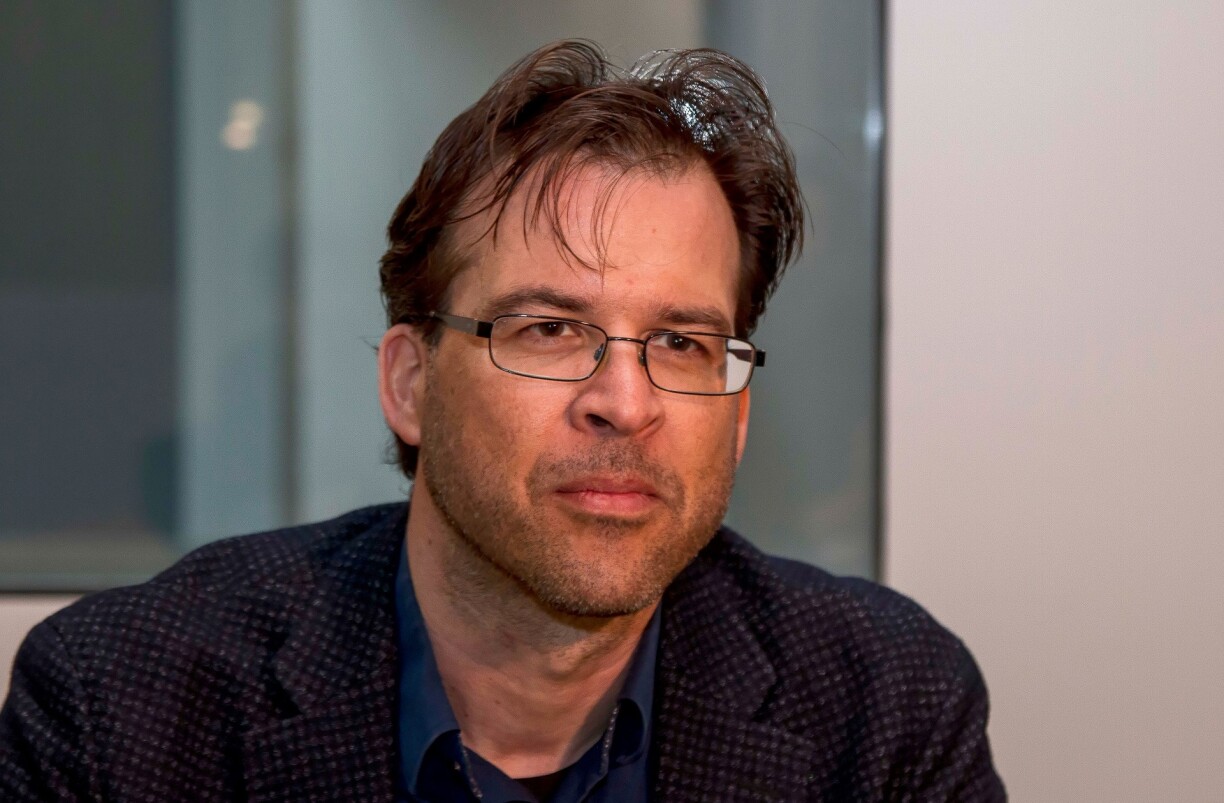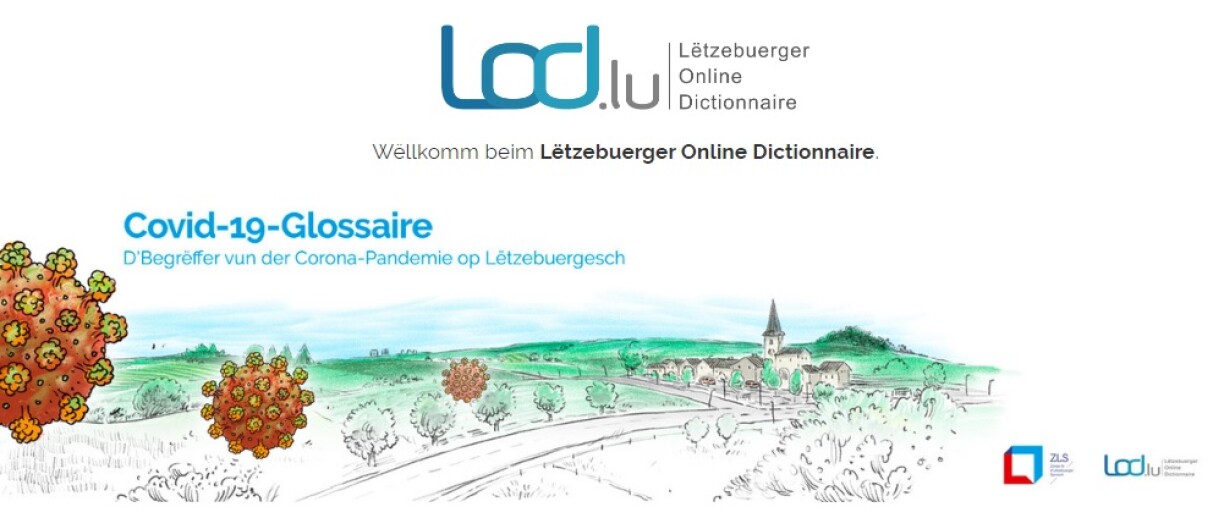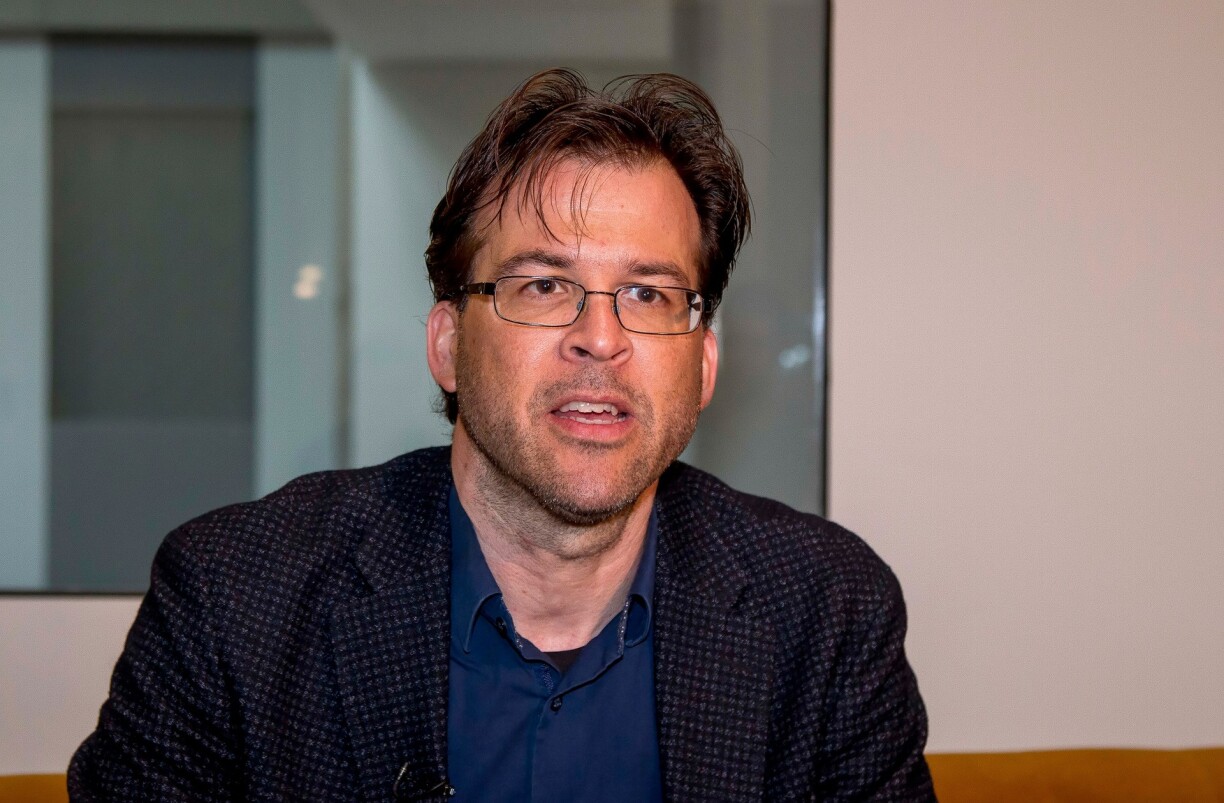
Last year, Marteling was appointed director of the newly opened Centre for the Luxembourgish language (Zentrum fir d’Lëtzebuerger Sprooch), overseen by the Ministry of Education.
Our colleagues at 5Minutes recently interviewed Marteling on the role of the Centre in the development of language.
The Centre’s primary mission is to ensure the Luxembourg language stays dynamic and in use, with Unesco describing the language as “vulnerable”. However, Marteling refutes this judgement, explaining that Unesco consider it vulnerable due to the number of people speaking the language - around 400,000 - but in his view, the language is very much “not in danger”.
He highlighted the fact that the demand to learn Luxembourgish has increased, with plenty of residents from overseas flocking to courses.

The law also defines four further missions for the Centre, revolving around standards for spelling and grammar.

One of the tools used to promote the language is the LOD (Luxembourgish Online Dictionary), with a number of built in features.
The Centre must also seek to define the correct use of the language, and carry out translations on behalf of the Ministry.

Marteling explained the lack of codification has posed an obstacle to those learning the language in the past, particularly for those who prefer strict rules. However, he said Luxembourgish has so many influences and fluctuations that it cannot strictly be codified.

In recent decades, Luxembourgish has progressed from a primarily spoken language to a written one. Marteling praised the use of new technologies such as emails, text messages and social media in this development.
The government hopes to make Luxembourgish an official language of the European Union, which could influence the Centre’s work on providing the basis for codification.
This would require a number of EU texts to be translated into Luxembourgish in order to be accessible to the population. However, Marteling underlined this would be a strictly political decision.
Video in (ironically) French